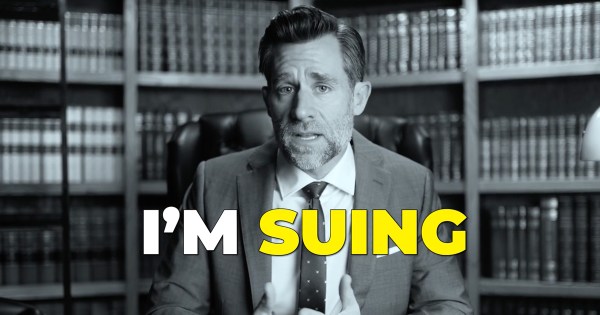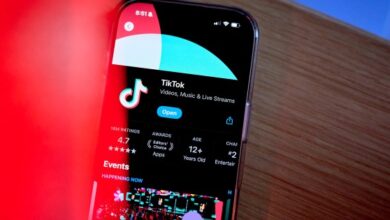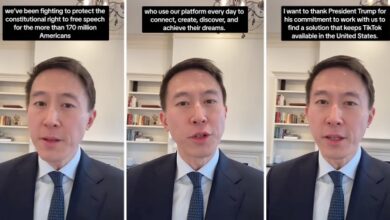PayPal Honey faces class action lawsuit for allegedly manipulating affiliate links

PayPal Honeya free browser extension that aggregates and applies coupons for shoppers on e-commerce sites, was hit by a class action from creators for allegedly manipulating affiliate links.
As reported Dexertoattorney Devin Stone, whose LegalEagle YouTube Account has nearly 3.5 million subscribers, filed a lawsuit, which includes a request for an injunction to stop PayPal Honey’s business practices.
A PayPal spokesperson said the company disputes the allegations and will vigorously defend itself.
According to Dexerto, online investigator MegaLag lit the fuse with a YouTube video published on December 22, in which he accused PayPal Honey of replacing creators’ affiliate codes with its own. As a result, PayPal Honey was able to take credit for purchases (and pocket the corresponding affiliate fees) that would otherwise go to these creators.
MegaLag also accused PayPal Honey of working with companies to control which coupons users saw, meaning they didn’t necessarily have access to the best deal.
Creators and influencers often promote products and services to their followers and earn commissions through affiliate programs, which track links they share to give credit to purchases made through them. Creators then earn a commission for making these purchases.
According to LegalEagle, if these allegations are true, it means PayPal Honey is taking credit for the work creators do to promote products and drive purchases from their subscribers.
“Think how insidious this whole thing was,” Stone said in a YouTube video detailing the case. “Honey has spent tens of millions of dollars, perhaps even hundreds of millions of dollars, sponsoring some of the most beloved and successful creators on the planet. Honey would have seeded these audiences with their extension. And that extension likely sat on their audience’s browsers like a sleeping leech, waiting for the viewer to complete a transaction.
He continued: “Forever, future sponsorships, as well as future affiliate relationships and advertisements of the creator have been devalued now that the creator’s audience was infected. The exact people who would be most likely to listen to that creator’s recommendations – which, by the way, is why it’s so important to vet their sponsors and make sure they believe in the products – were now at risk of being sniped. »



